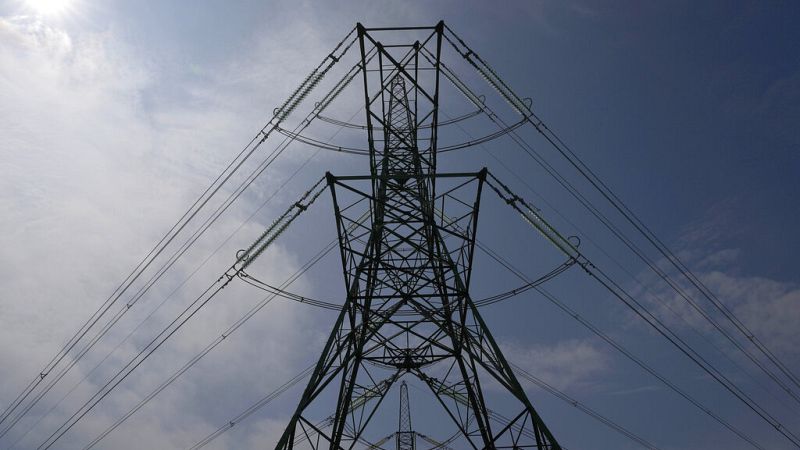
Energy prices are going to rise by 2% in the United Kingdom, according to the energy regulator Ofgem.
Ofgem lowered the price cap by £1.79 (€2.08) per month in July, savings which will be lost comes October when average monthly bills will rise by £2.93 (€3.40).
The price cap sets a maximum rate per unit that can be billed to customers for their energy use, but it doesn’t cap the final amount. Ofgem sets the price cap every three months to protect consumers and limits energy companies' profits at about 2.5%.
Around 37% of UK customers are on fixed tariffs, meaning they won't be affected by the price rise. However, starting 1 October, for average households on a default or variable tariff—some 24 million in the UK—gas and electricity bills will rise to £1,755 (€2,035) per year. The same period last year cost £1,717 (€1,991).
“Year on year, when adjusted for inflation, the cap is 0.9% lower than the same period in 2024,” Ofgem said.
“Whilst we are nowhere near the highs experienced in late 2022 and early 2023, there’s no sign of bills returning to the kind of levels we’d got used to before Russia invaded Ukraine, despite recent stabilisation in wholesale energy costs,” Danni Hewson said, head of financial analysis at AJ Bell.
The rise comes as food prices have been creeping up, and inflation hit an 18-month high in July, sitting at 3.8%.
The current energy price cap rise is not so much due to increasing energy prices, but to cover the costs of network maintenance and the extended support for families. This is a so-called ‘warm home discount scheme’, which provides a one-off £150 (€174) discount to families, with eligibility based on income.
The new price cap is going to be applied between October and December this year.
“In the longer term, we will continue to see fluctuations in our energy prices until we are insulated from volatile international gas markets,” Tim Jarvis, Director General, Markets at Ofgem, said, adding that they are working with the government and companies to diversify the country’s energy mix and reduce the reliance on markets “we do not control”.







